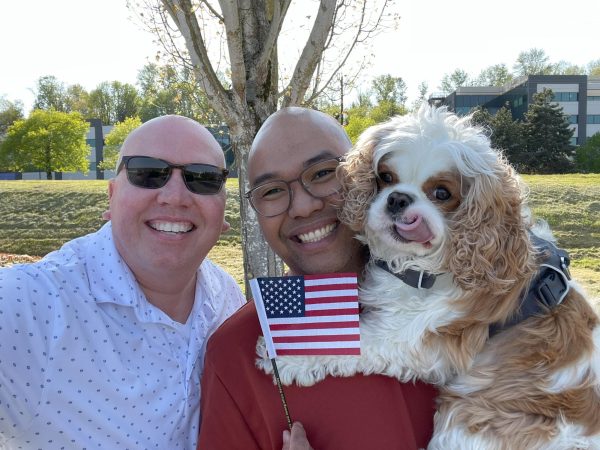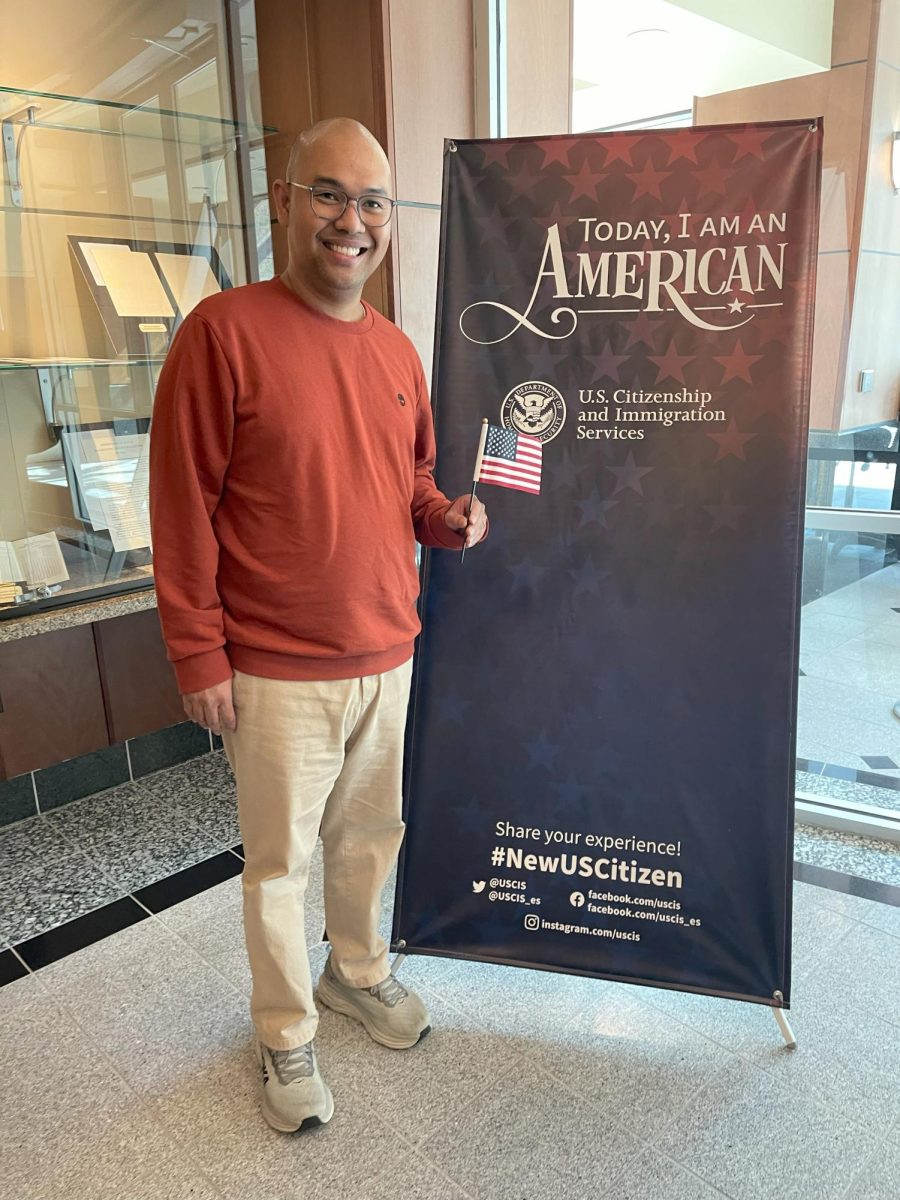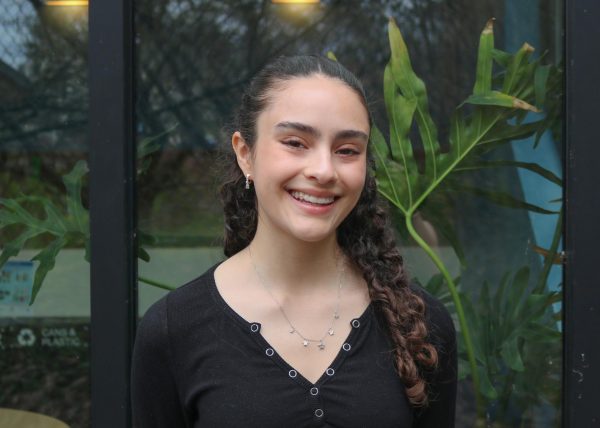Manila
”My life in Manila was hard. I grew up poor, and we didn’t have running water at home,” Cuya said. “We didn’t really have a lot of space. But I think the good thing about that is I really knew the people in our community.”
According to the Philippines Statistics Authority, Manila has a population of 13,484,462 people. Tight quarters were part of Cuya’s life, but that did not stop him from finding joy in his childhood.
“I fell in love with reading and loving education,” Cuya said. “My mother instilled in me that, ‘this is your ticket, so that you can get out of poverty, so that you can actually better your life in the future.’”
Cuya’s pull towards education led him to the Philippine Normal University, an institution dedicated to teacher education in Manila, Philippines. There, Cuya received his master’s in education and mathematics.
“I was very ambitious at a very young age,” Cuya said. “I knew that I wouldn’t be able to reach my dreams in life if I didn’t work hard for it.”
After earning his degree, Cuya found himself doing what he loved: teaching in the Philippines, but that wouldn’t last long. From 2013 to 2014, the Philippine government enacted the Republic Act No. 10533, a law that aimed to strengthen the education system by adding two more years of education to K-12 schools. The new legislation created trouble for Cuya, because he would have no incoming students for two years. There was only one option to ensure a stable job for Cuya: looking abroad.
The U.S. Virgin Islands
In an effort to find employment, in February of 2015, Cuya sent his resume all over the globe. Indonesia, Oman and Saudi Arabia are just a few of the countries Cuya hoped to teach in.
“All my applications were rejected– and then– my application for the U.S. Virgin Islands went through, and probably, it’s destiny,” Cuya said.
After a series of interviews in March, Cuya received an offer from the U.S. Virgin Islands Department of Education. There, Cuya taught as a high school mathematics teacher to students who were learning English.
“When I teach math, I have to make sure that I also help them learn English, read English, writing English and speak English,” Cuya said.
Another adjustment that Cuya had to make was the dynamic between a professor and a student.
“In the Philippines, if you’re a teacher, you are an authority in your own classroom,” Cuya said. “It was really a hard transition, because you’re moving not just into a new place, it’s actually a new country with a different culture.”
Life in the U.S. The Virgin Islands gave Cuya a window of opportunity into a neighboring region: The United States of America.

The United States
In 2019, Cuya began to call the U.S. his home after accepting a position as a mathematics teacher in Spokane, Washington.
At his new school, Cuya found it difficult to connect with the community due to the wide gap in proximity from his home and his work. After-school events were not a viable option for Cuya to commit to— until he came to UPrep.
“I attended the Puma night. So if it were in my previous school, there’s a big possibility that I would not be able to attend it, because my drive was 45 minutes one way,” Cuya said.
While Cuya’s first year as a Puma provided him with an opportunity to connect with his students, his time has not been easy. After the 2024 presidential election, Cuya grew concerned about his status of documentation in the United States. According to the U.S. Citizenship and Immigration Services, as a green card holder, Cuya could legally be in the United States if he did not commit any actions removable under immigration law.
“I couldn’t help myself but to watch the news, watch YouTube videos about what’s going on with the immigration, so that’s when I heard about green card holders getting detained,” Cuya said. “I don’t feel safe not being a citizen in this country.”
After a long conversation with his husband, Cuya decided to take action, and in January he sent off his papers in the hopes of being approved for citizenship.
“I was thinking, until I get my citizenship, I can be subject to whatever the immigration wants to do,” Cuya said.
After nearly three months of waiting, Cuya heard back from immigration officers on April 23: his request was approved.
“I’m relaxed because I know that I’m a U.S. citizen, and I am protected by the Constitution, so I feel relieved, I feel safe,” Cuya said. “But my heart goes out to people who don’t feel the same. I feel for them because I was in their position.”
Cuya urges students and UPrep community members to think more about the immigrants who make up their lives.
“I want to recognize that the immigrant families, both faculty, staff and students’ families, really contribute to make sure that all students of UPrep receive the quality education they deserve,” Cuya said. “So it takes a village to make sure that students really feel safe and successful in UPrep.”


